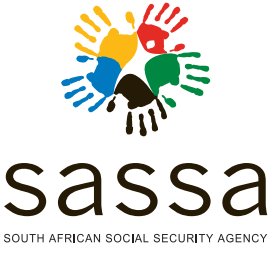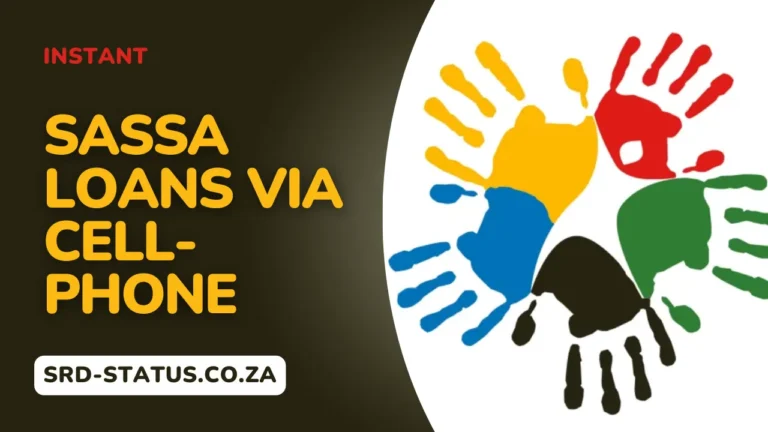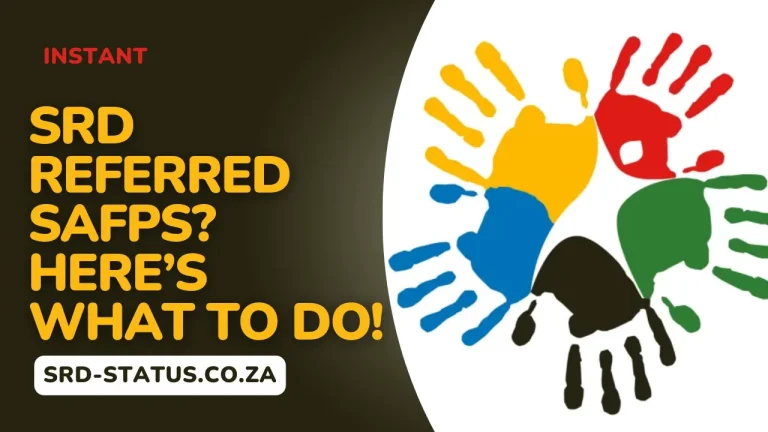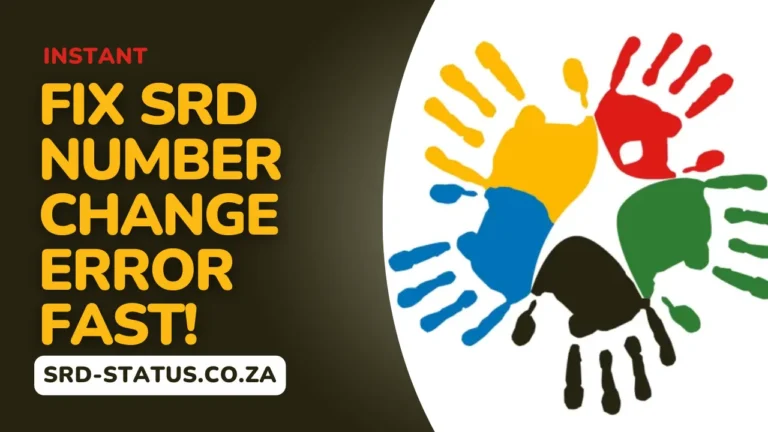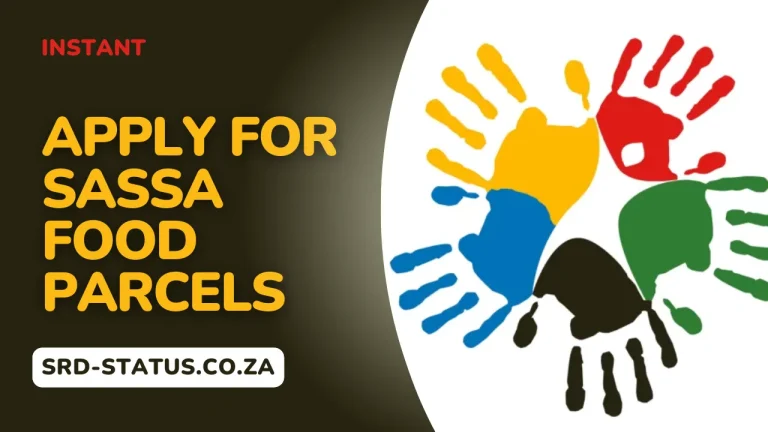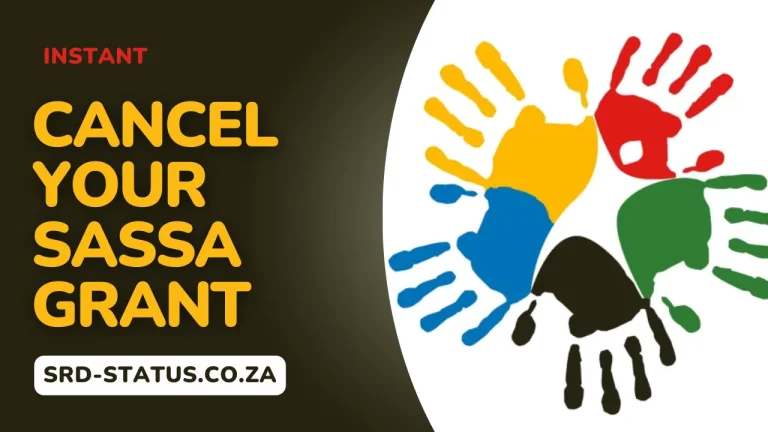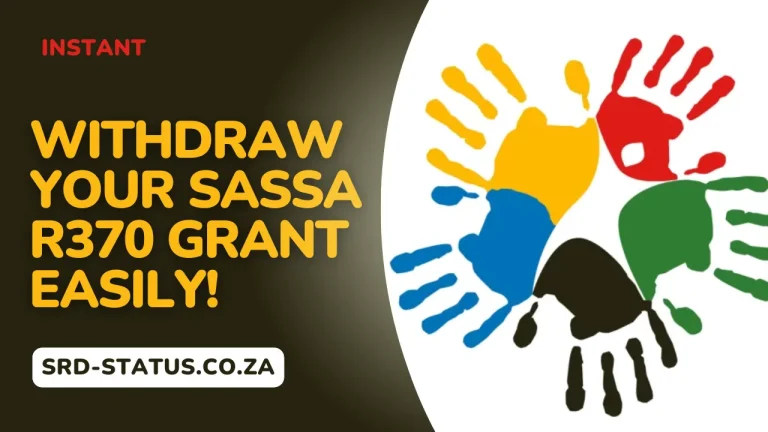What Documents Are Needed for a SASSA SRD R370 Appeal in 2025?
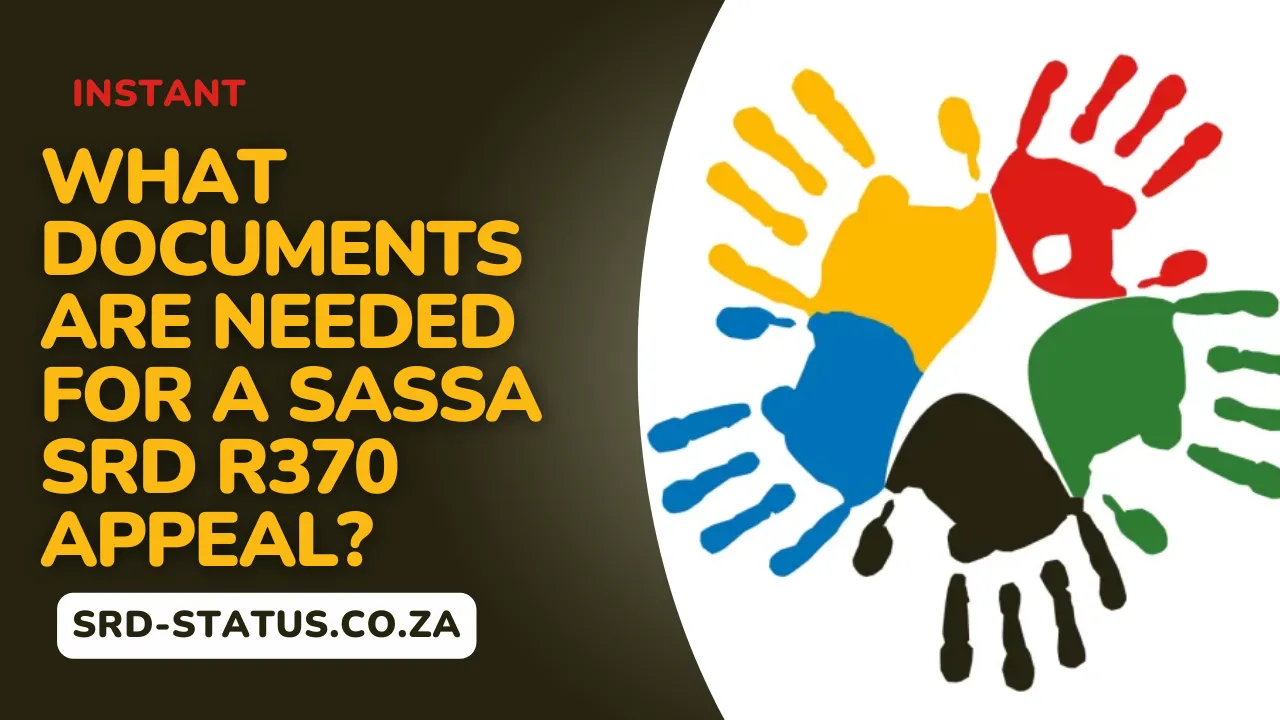
Facing a rejection for your SASSA SRD R370 grant application can be disheartening, especially when you rely on this support to meet basic needs. The good news? You have the right to appeal the decision and present your case for reconsideration. With over 9 million South Africans depending on the SRD grant as a lifeline, ensuring your appeal is backed by the correct documents is crucial for success.
Documents for SASSA SRD R370 Appeal (Quick Answer)
To appeal a rejected SASSA SRD R370 grant application in 2025, you’ll need:
- Certified ID copy or valid passport/driver’s license
- Proof of residence (recent utility bill, lease agreement, or signed letter)
- Income verification (bank statements, pay slips, or unemployment letter)
- Evidence of financial need (unpaid bills or expense records)
- Medical reports (if health-related issues apply)
- Disability documentation (if applicable)
- Updated contact details (phone number and email)
Why SASSA SRD R370 Appeal Documents Matter
The documents you submit for your SASSA SRD R370 appeal are critical because they:
- Verify your identity as a South African citizen, refugee, or special permit holder.
- Confirm your residence to ensure eligibility for local benefits.
- Prove financial hardship to justify your need for the grant.
- Support special circumstances, such as medical or disability-related claims.
Each document builds a clear picture of your situation, helping the Independent Tribunal for Social Assistance Appeals (ITSAA) make a fair decision. Incomplete or inaccurate submissions can lead to delays or another rejection, so preparation is key.
Essential Documents for Your SASSA SRD R370 Appeal
Below is a detailed breakdown of the documents required for your appeal, based on SASSA’s official guidelines and practical insights from applicants.
1. Proof of Identity
Your identity is the cornerstone of your appeal. SASSA cross-checks your details with the Department of Home Affairs to ensure accuracy.
- Certified ID Copy: A clear, certified copy of your South African ID book or smart card.
- Alternatives: If you lack an ID, a valid passport or driver’s license is acceptable.
- Tip: Visit a police station or post office to certify your documents for free. Ensure certification is dated within the last three months.
2. Proof of Residence
SASSA requires evidence that you live in South Africa to confirm eligibility.
- Utility Bills: A recent (within three months) electricity, water, or municipal bill in your name.
- Lease Agreement: A signed lease agreement or a letter from your landlord confirming your address.
- Community Letter: If bills or leases aren’t available, a signed letter from a community leader or ward councillor can suffice.
- Tip: Ensure the document clearly states your full name and physical address.
3. Financial Information
Your financial status determines whether you meet the SRD grant’s income threshold (typically no deposits exceeding R624 monthly).
- Bank Statements: Submit statements from the past three months showing all transactions.
- Pay Slips: If employed, include your latest pay slip to clarify income.
- Unemployment Letter: If unemployed, a letter from a community leader or affidavit confirming no income.
- Tip: Highlight any irregular deposits (e.g., family support) and explain them in your appeal to avoid misinterpretation.
4. Evidence of Financial Need
To strengthen your case, show that you’re struggling to meet basic needs.
- Unpaid Bills: Copies of overdue utility bills, rent notices, or other expenses.
- Affidavit: A sworn statement detailing your financial hardship, such as inability to afford food or rent.
- Tip: Be specific about your circumstances to make your case compelling.
5. Medical Documents (If Applicable)
If health issues contribute to your financial need, include relevant documentation.
- Doctor’s Note: A letter from a medical professional outlining your condition.
- Hospital Records: Discharge summaries or treatment records supporting your claim.
- Tip: Ensure documents are recent and signed by a registered practitioner.
6. Disability-Related Documentation (If Applicable)
For appeals related to disabilities, provide:
- Medical Reports: Official reports confirming your disability from a healthcare provider.
- Disability Forms: Any prior SASSA disability grant forms or related paperwork.
- Tip: Clearly link your disability to your financial hardship in your appeal explanation.
7. Updated Contact Information
SASSA needs accurate details to communicate appeal updates.
- Phone Number: Use the same number registered with your initial application.
- Email Address: Provide an active email for additional correspondence, if available.
- Tip: Verify your number is active to receive SMS notifications, including the OTP for appeal submission.
How to Organize Your SASSA Appeal Documents
Proper organization can streamline your appeal and reduce errors. Follow these steps:
- Make Certified Copies: Never submit original documents; use certified copies instead.
- Label Clearly: Use a folder or digital file system to categorize documents (e.g., “ID,” “Residence,” “Financial”).
- Check Validity: Ensure all documents are current, legible, and certified where required.
- Digitize for Online Submission: Scan or photograph documents clearly for upload to the SASSA appeal portal (https://srd.sassa.gov.za/appeals/appeal).
Common Mistakes to Avoid in Your SASSA Appeal
Based on applicant feedback and SASSA reports, here are pitfalls to steer clear of:
- Missing the Deadline: Appeals must be lodged within 90 days of receiving your rejection notice. For example, a rejection for August 2025 must be appealed by November 30, 2025.
- Incomplete Documents: Failing to include all required documents can lead to automatic rejection.
- Outdated Information: Using old contact details or expired documents causes delays.
- Unclear Copies: Blurry or uncertified photocopies may be rejected.
- Ignoring Rejection Reasons: Address the specific reason for rejection (e.g., “Alternative Income Source Identified”) with supporting evidence.
How to Submit Your SASSA SRD R370 Appeal
Follow these steps to lodge your appeal online:
- Visit the SASSA Appeal Portal: Go to https://srd.sassa.gov.za/appeals/appeal.
- Enter Details: Provide your South African ID number and registered phone number.
- Receive OTP: Click “Send Pin” to get a one-time pin via SMS.
- Select Appeal Month: Choose the specific month(s) you’re appealing for.
- Upload Documents: Attach all required documents and select a reason for your appeal from the dropdown menu.
- Submit: Review your submission and click “Submit” to finalize.
Note: If you lack internet access, visit a local SASSA office for assistance. Bring all documents and your ID.
What Happens After Submitting Your Appeal?
- Processing Time: The ITSAA reviews appeals within 60–90 days. You’ll receive an SMS or email with the outcome.
- Track Your Appeal: Check your status online at https://srd.sassa.gov.za/appeals/appeal or call the SASSA toll-free number (0800 601 011).
- Backdated Payments: If approved, payments are backdated to cover all eligible months.
- If Rejected Again: You can reapply in the next cycle with updated information or contact SASSA for clarification.
Why Thorough Preparation Boosts Your Appeal Success
Accurate and complete documents are your strongest asset in a SASSA appeal. They demonstrate your eligibility, clarify any discrepancies, and show your genuine need for the R370 grant. For instance, if your application was declined due to “Alternative Income Source Identified,” bank statements and an affidavit can prove the income was temporary or misreported. By addressing SASSA’s concerns directly, you increase your chances of approval.
Frequently Asked Questions
What documents are needed for a SASSA SRD R370 appeal?
You need a certified ID copy, proof of residence, bank statements, evidence of financial need, medical or disability reports (if applicable), and updated contact details.
How long does a SASSA appeal take in 2025?
Appeals typically take 60–90 days to process, depending on the volume of applications.
Can I appeal if my ID details don’t match Home Affairs records?
Yes, but you must correct discrepancies by providing updated, verified documents.
What if I don’t have utility bills for proof of residence?
Submit a signed letter from a landlord, community leader, or ward councillor confirming your address.
How do I track my SASSA appeal status?
Visit https://srd.sassa.gov.za/appeals/appeal, enter your ID and phone number, or call 0800 601 011.

I’m a South African social development writer and grant education advocate with over 5 years of hands-on experience helping citizens understand and access SASSA services. I specializes in breaking down complex government processes into easy-to-read guides that empower low-income families, unemployed youth, and senior citizens.
As a community outreach volunteer and former SASSA liaison assistant, I have personally helped over 3,000 individuals apply for and manage their SRD grants, Child Support Grants, and Disability Grants.
